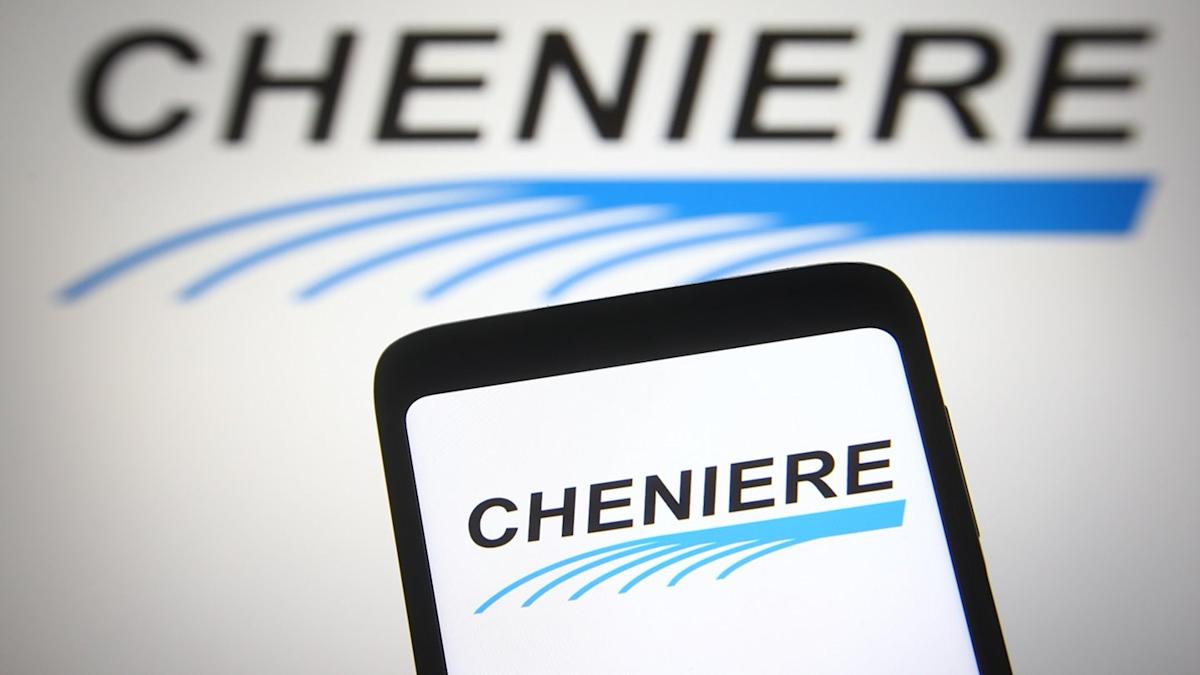Cheniere Energy and JERA have finalised a long-term sale and purchase agreement (SPA) to acquire approximately one million tonnes per annum (mtpa) of liquefied natural gas (LNG) from Cheniere Marketing on a free-on-board (FoB) basis from 2029 to 2050.
Cheniere president and CEO Jack Fusco said: “We are pleased to enter into this multi-decade agreement with JERA, the largest power producer in Japan and one of the largest buyers of LNG in the world.
“This SPA fortifies our long-standing relationship with JERA, which is based upon years of cooperation and mutually beneficial LNG trade. We look forward to providing our flexible, reliable and cleaner-burning LNG to JERA through 2050 under this new long-term agreement.”
The pricing mechanism for the LNG is indexed to the Henry Hub benchmark, plus a fixed liquefaction fee.
JERA global CEO and chair Yukio Kani said: “JERA and Cheniere have built a trusted relationship over many years, and we are pleased to extend this relationship further.
“This long-term agreement with Cheniere – a global leader in LNG – supports JERA’s strategy to diversify and strengthen our LNG procurement portfolio, reinforcing our role as a long-term energy partner in the US and deepening our commitment to securing reliable energy supplies. Together, we will continue to contribute to the energy security, stability and sustainability of Japan and the broader region for decades to come.”
Furthermore, Cheniere Energy reported a substantial increase in net income, with gains of approximately $746m and $597m for the three and six month periods ended 30 June 2025, respectively, compared to the same periods in 2024.
These improvements were largely due to favourable variances in the fair value of derivative instruments, particularly those associated with the company’s long-term integrated production marketing agreements.
The company’s consolidated adjusted EBITDA (earnings before interest, taxes, depreciation and amortisation) also saw an increase of around $94m and $193m for the three and six months ended 30 June 2025, respectively.
This growth is attributed to higher total margins per million British thermal units of LNG delivered in 2025 compared to 2024.
However, these gains were somewhat offset by increased operating expenses due to maintenance activities and new capacity from the CCL Stage 3 Project, as well as lower contributions from vessel charter portfolio optimisation.
Share-based compensation expenses reported in net income were $49m and $105m for the three and six months ended 30 June 2025, respectively.
Story Continues
